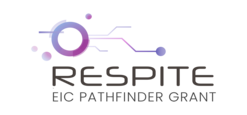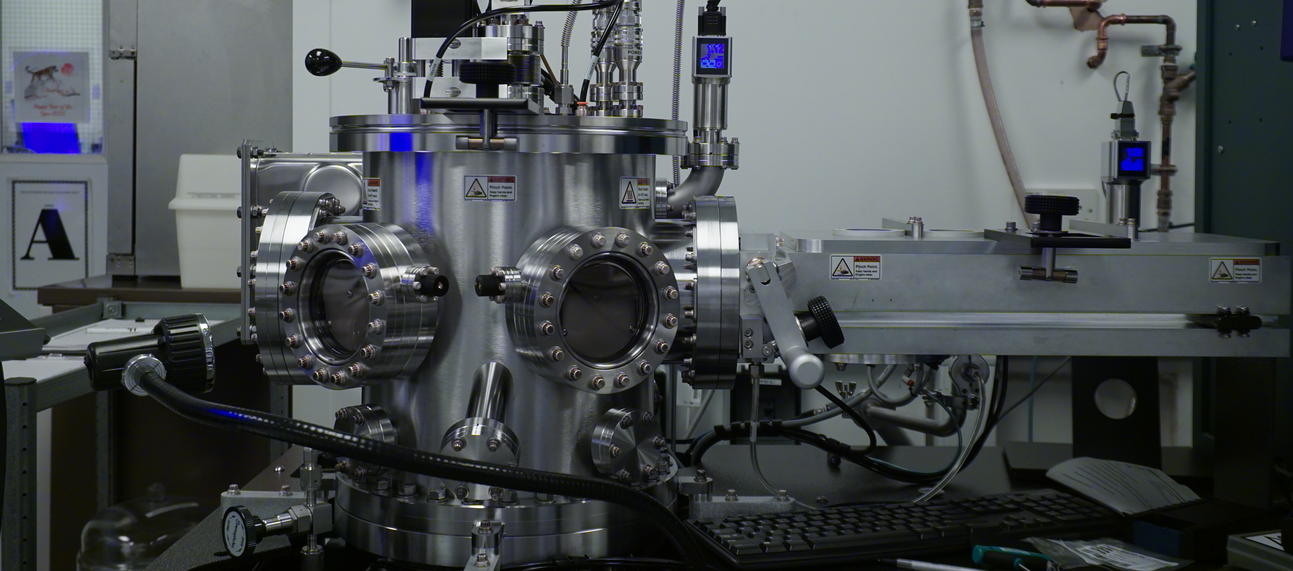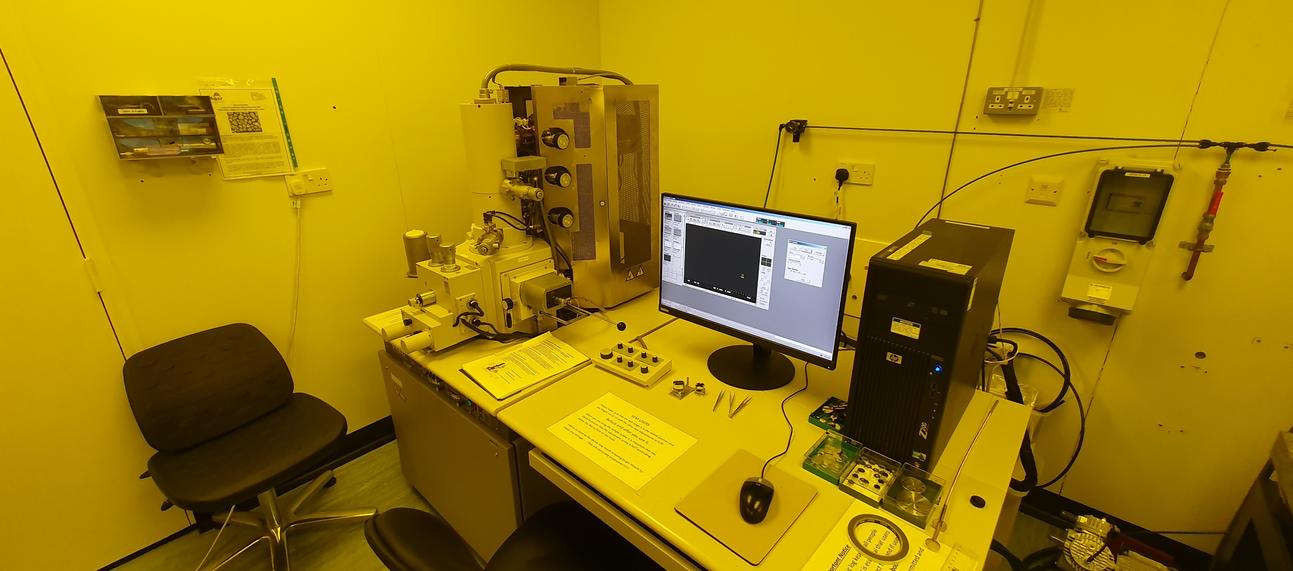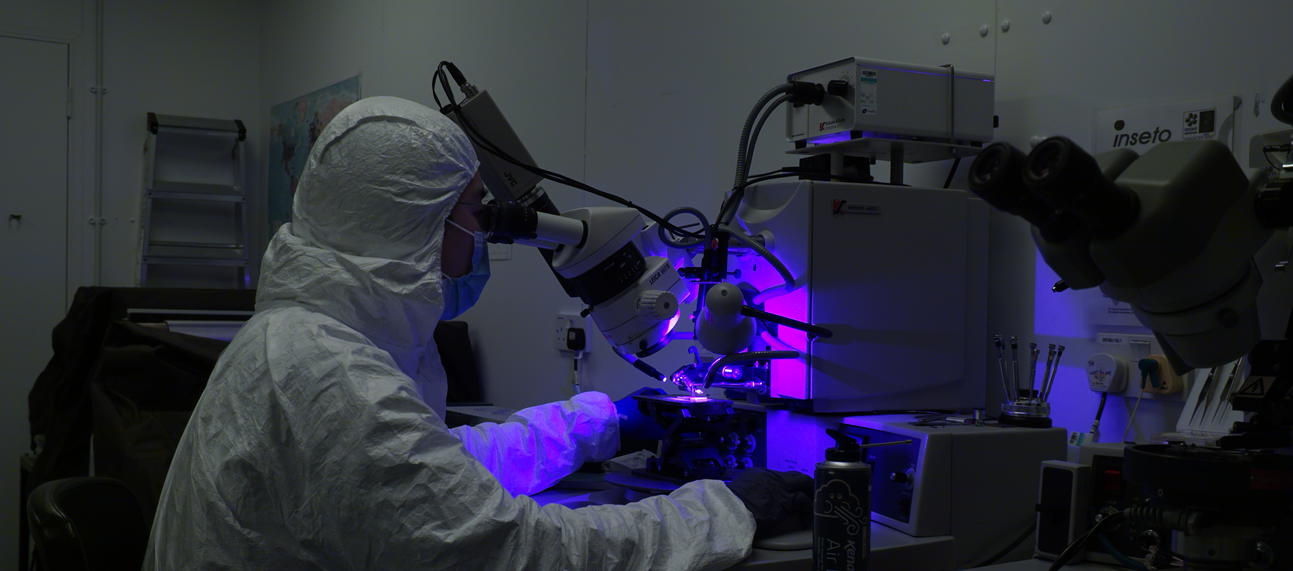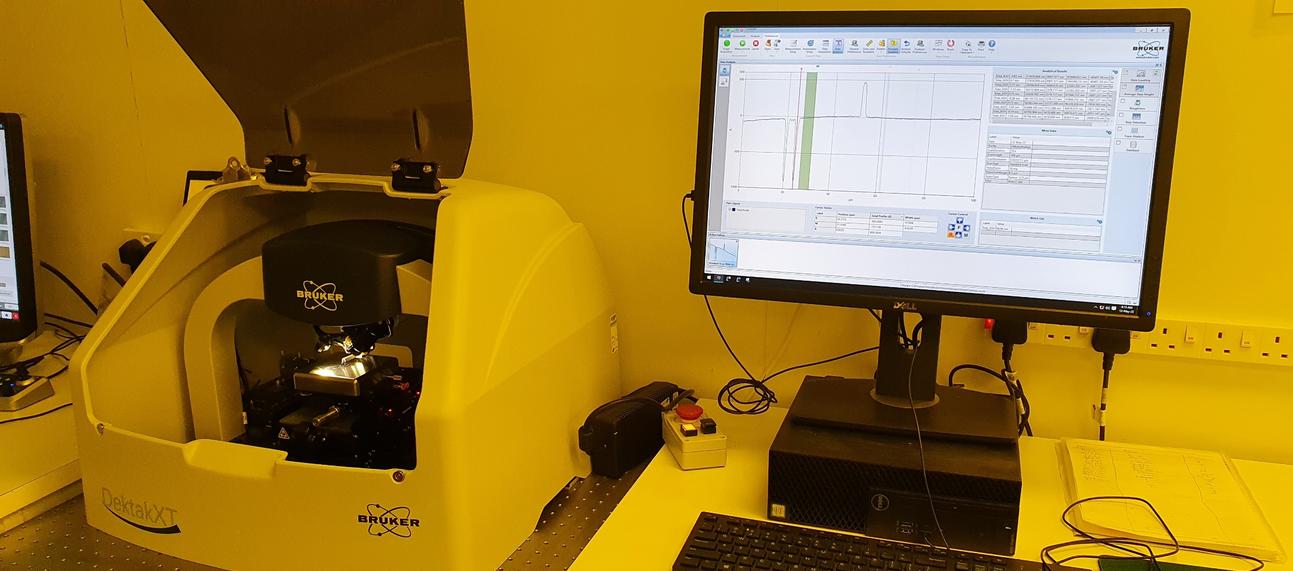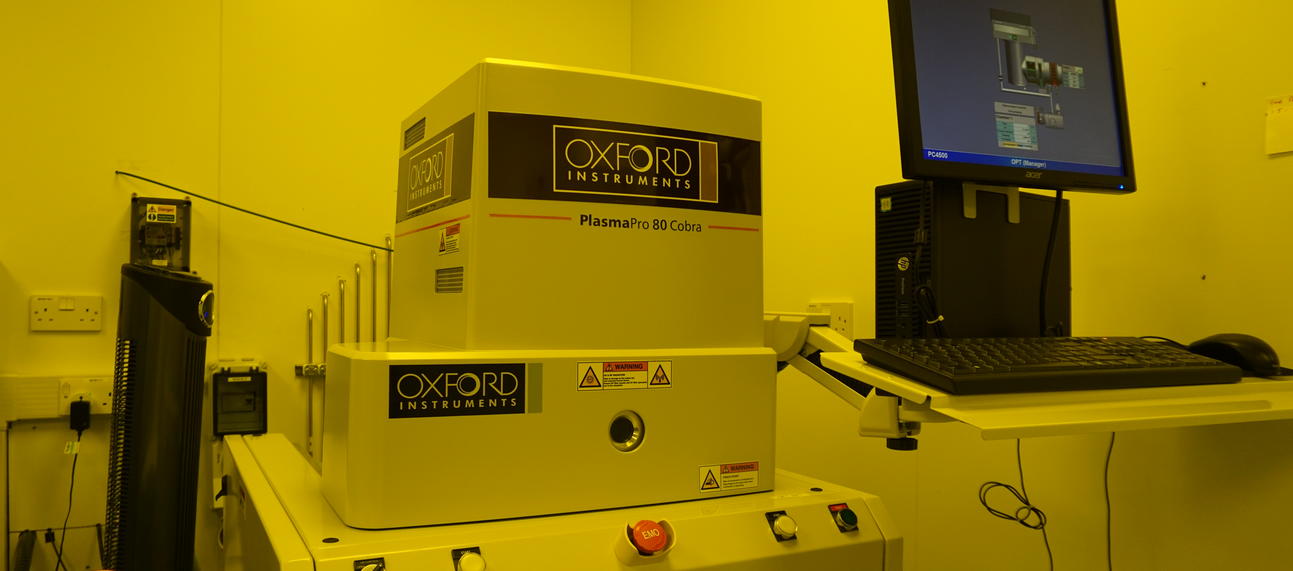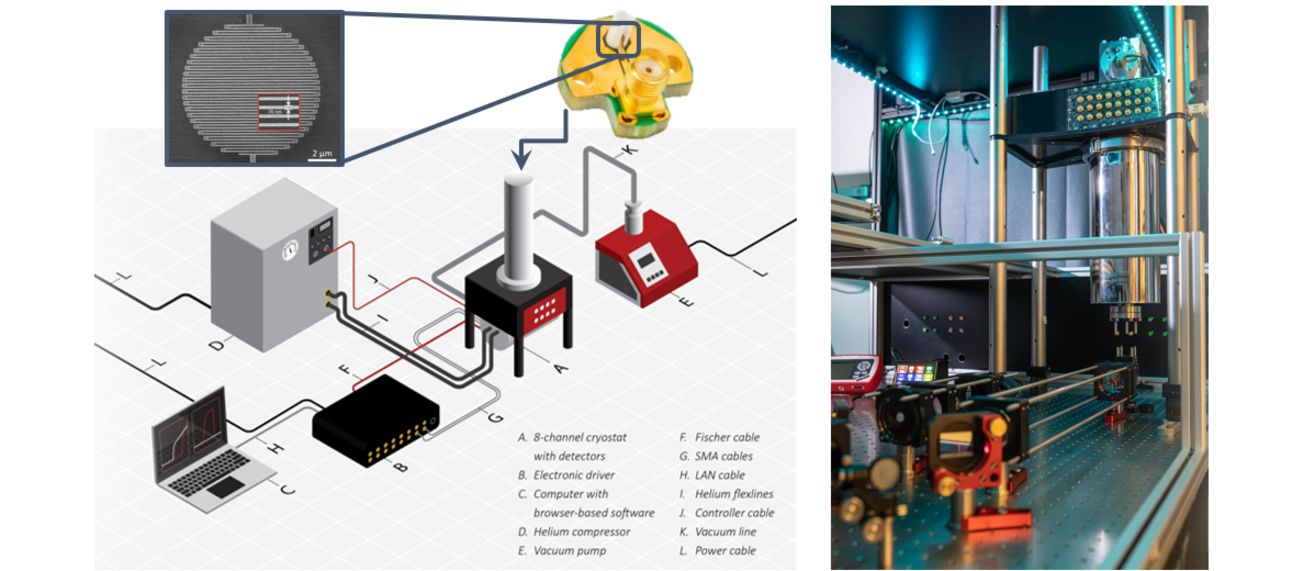Home
The RESPITE project: Redefining Neuromorphic Computing...
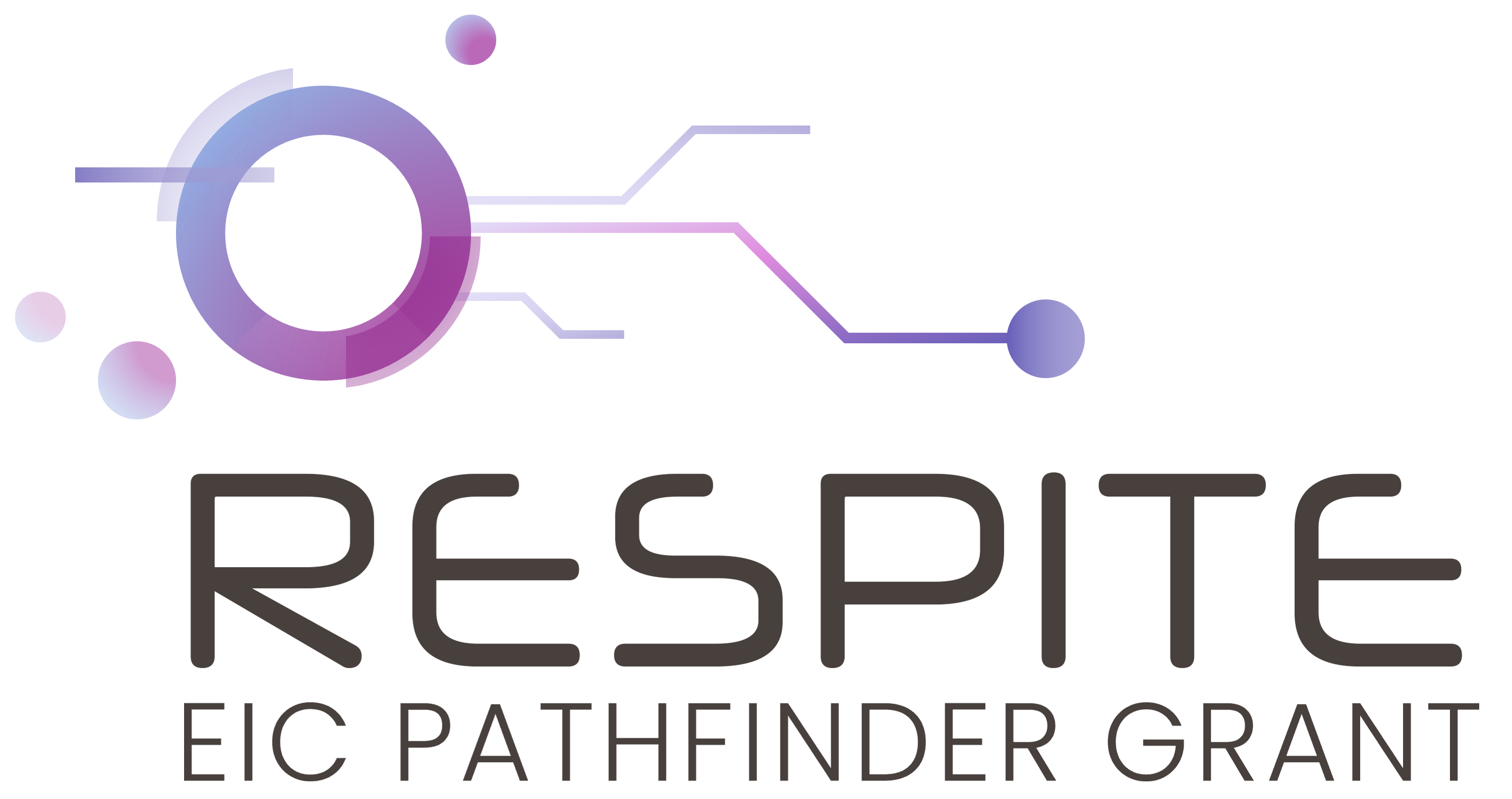
Computing with light using integrated optics has seen huge progress over the last 3-4 years in multiple fields, such as neuromorphic computing, quantum computing and on-chip data storage. This has created a vast ecosystem that relies on high-speed reconfigurations of nanophotonic circuits (such as their use as synapses or routing applications) and ultrafast yet high-resolution, low-power photodetection. Currently, it is impossible to combine all these functionalities into an integrated platform that fits onto a single chip.
In the RESPITE project, by utilizing our newly invented superconducting Joule switches as neurons, multi-level phase change memory elements as synaptic weights, and superconducting single-photon detector arrays as retina, we will demonstrate a novel platform which combines vision and cognition on a single chip. This new platform will allow in-sensor neuromorphic computing with unprecedented performance levels. The platform will have attoJoule switching power consumption, sub-nanosecond latency, and high compactness (3000 neurons and >100K synapses on <5 mm2). Unlike other superconducting neuromorphic technologies, our new platform will be scalable, easy to fabricate, and compatible with low-cost cryostats, high-Tc superconductors, quantum applications, and on-chip learning architectures – making it a game changer for a wide range of users and disciplines.
...By Combining Some of These Technologies...
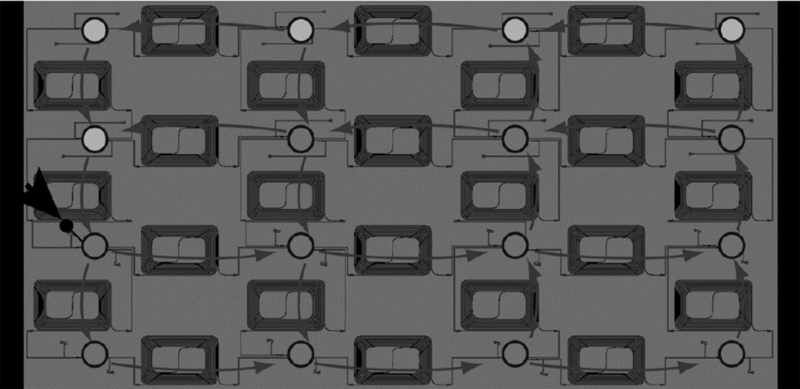
Reservoir Computing
A type of machine learning that is used to process data such as audio and video signals. It is a type of recurrent neural network where the input data is fed into a network of nodes called the reservoir and is shown to be effective in a wide range of applications, including speech recognition and image recognition, while being computationally efficient and easy to train.
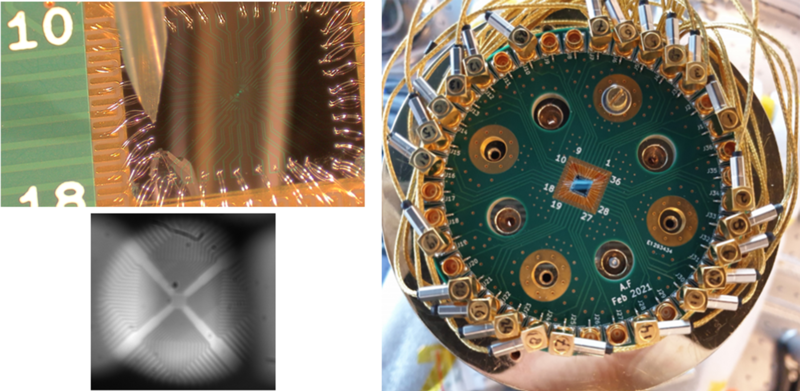
Multipixel Superconducting Nanowire Single-Photon Detector (SNSPD) Arrays
These detectors are highly specialised for quantum optics and quantum information processing applications and can detect single photons with high efficiency and low noise.
Nanowires operating at very low temperatures (2.5 Kelvin, below the superconducting critical current) are able to detect single photons by absorption, which causes an increase in resistance locally, indicating detection. This incredibly high detection efficiency has the potential to be used in many specialised optical and quantum applications.
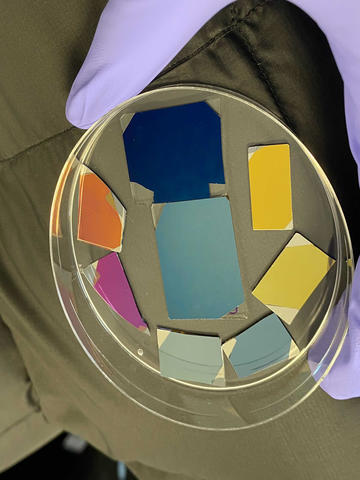
Phase Change Materials of Varying Thicknesses and Phases
Phase change materials have a variety of applications and have been previously used in electronic memory devices and optical disks. These materials undergo a rearrangement of their atoms upon heating or cooling, which causes them to become either amorphous or crystalline.
This reversible change in orientation causes additional changes to material properties such as the refractive indices, electrical conductivity and transparency, which can be exploited in a number of applications.
...Using Our Advanced Manufacturing and Characterisation Capabilities
Scanning Electron Microscope
Wirebonding in Progress
Profilometer
Reactive Ion Etching
Advanced Cryogenic Setup
Come find us at these exciting events!
Upcoming Events
NWO Physics 2026
20th - 21st January
Veldhoven, Netherlands
Past Events
23rd - 26th September
Marseille, France
Thursday 11th September
University of Oxford, United Kingdom
A special workshop open to students to showcase the exciting progress made on the RESPITE project!
Past Events
Stellar Intensity Interferometry 2024 Workshop
September 9th - September 13th 2024, Porquerolles, France
Superconducting nanowire single-photon detectors for astronomy, strategies for array detector fabrication and their readouts
European Neuromorphic Research Day 2024
May 15th 2024, INL Auditorium, Braga, Portugal
RESPITE - Imaging and Recognition On-Chip
MEXT International Symposium on Photonic Computing
March 11th - March 12th 2024, Tokyo, Japan
NWO Physics Symposium 2024
January 22nd - January 24th 2024, Veldhoven, Netherlands
SPIE Photonics West 2024
January 27th - February 1st 2024, San Francisco, USA
Past Events
European Phase Change and Ovonics Symposium (EPCOS) 2023
September 17th - September 20th 2023, Rome, Italy
SPIE Optics+Photonics Conference 2023
August 19th - August 24th 2023, San Diego, USA
Optica Advanced Photonics Congress 2023
July 9th - July 13th 2023, Busan, South Korea
CLEO Conference 2023
May 7th - May 12th 2023, San Jose, USA
